
Mystics and Scientists Conference 2022 – Music, Order and Beauty
“Music is an agreeable harmony for the glory of God and the permissible delights of the soul.”
– Johann Sebastian Bach
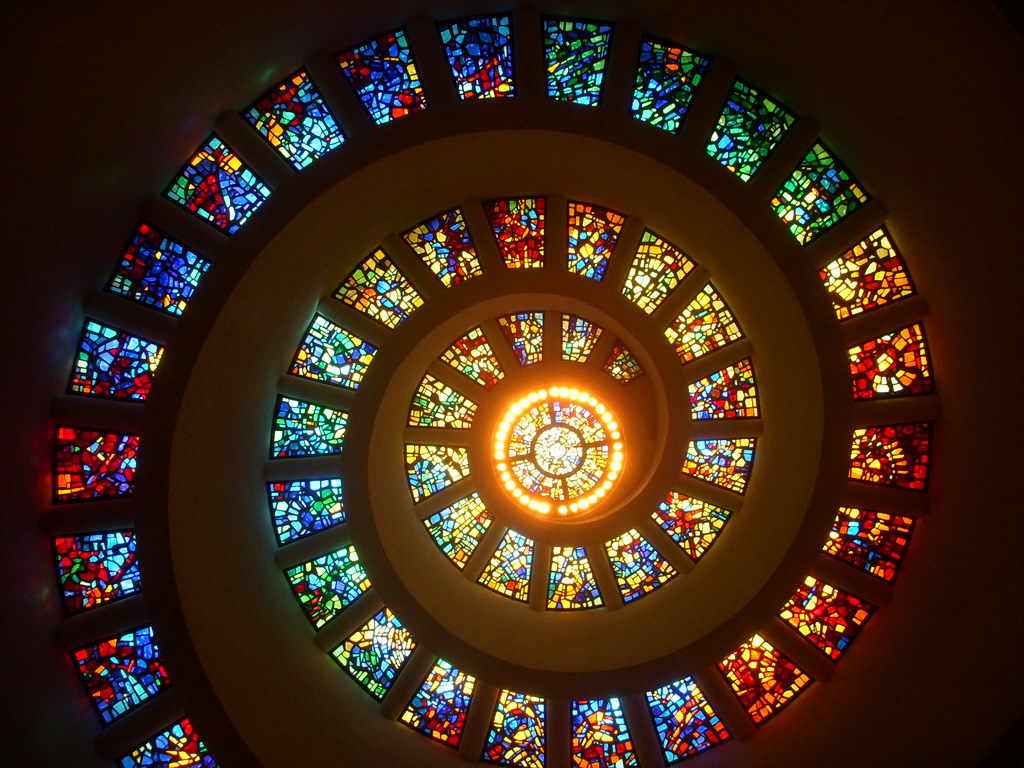
Come and join us online for the 2022 annual Mystics and Scientists conference!
For over 40 years these meetings have been dedicated to forging a creative understanding of the complementary roles of scientific and mystical approaches to reality. Our topic this year is Music, Order and Beauty, echoing early Winchester themes from the 1980s on Music, Mathematics and Number and Music, Mysticism and Magic, where Joscelyn Godwin also spoke and gave a beautiful harpsichord recital.
Our speakers, which include Dr Kayleen Asbo, Dr Edi Bilimoria, Tom Bree, Prof John Butt, FBA, Painton Cowen, Prof Joscelyn Godwin, Nicola Graves-Gregory, Bettina Schmidt and David Lorimer, will cover the transcendent music of Bach and Beethoven, sacred geometry and mathematics, sacred dance and movement, light and beauty reflected in paintings and stained glass. Our aim is to provide you with what Bach called ‘refreshment of the spirit’ at a transitional time of chaos and turbulence by reminding ourselves of our common spiritual grounding and rootedness in Being – one could paraphrase Plato on time by saying that music is a moving image of eternity. We very much look forward to your participation!
Here are just a few of the great comments we received at the end of our 2021 event:
Best conference I’ve ever attended and I’ve attended many good ones, especially SMN ones!
Great conference and amazing ‘SMN’ community! Many thanks for organizing it.
Thanks everybody, deep gratitude to you all!
Thank you to everyone – such an inspirational weekend.
Thank you so much, Namaste and love – a wonderful and life-changing weekend.
Programme and Guest Speakers
SATURDAY 9th APRIL
All times are in UK, BST.
Session 1 – Chair: Dr Paul Filmore
9:00 am Introduction by David Lorimer
9:15 am Dr Edi Bilimoria: Beethoven Composed for the Empire of the Mind:
A Lonely Triumph of a Spiritual Warrior over Personal Suffering
10:30 am Break
11:00 am Nicola Graves-Gregory: Mathematics:
A Way to Grow Our Sense for Beauty
12:15 pm Dialogue and questions
Session 2 – Chairs: Calista Georget and Dr Chika Robertson
2:10 pm Introduction to the Scientific and Medical Network by Chairman Paul Filmore
2:30 pm Short film on John Henry Lorimer’s paintings
3:00 pm Prof Joscelyn Godwin: Pythagoras, Music and Mysticism
4:20 pm Break
4:40 pm Prof John Butt, FBA: What did Bach actually think Music was?
6:00 pm Discussion and questions
6:30 pm Optional online meditation with Dr Peter Fenwick
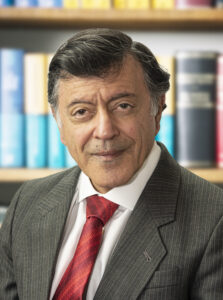
Dr Edi Bilimoria: Beethoven Composed for the Empire of the Mind – A Lonely Triumph of a Spiritual Warrior over Personal Suffering
Beethoven stated in his Heiligenstadt Testament that it is the most difficult for an artist to become a philosopher. Why? Because of the need for detachment; and for an artist full of passion and feeling this is the most difficult to achieve. But the detachment of a cold-hearted person is not true detachment, but merely callousness. What kind of detachment, then, was Beethoven referring to? Crucially, what was his philosophy that spurred him to affirm: ‘music is the mediator between the spiritual and the sensual life’? How does the ineffable content of music and of life reflect and echo each other: to study music is to learn about life; and to look at life is to learn about music?
‘Kill out all ambition, but live like one ambitious.’ This famous saying from the mystical verses from Light on the Path encapsulates Beethoven’s whole approach to his great Art. This lecture will show how Beethoven sacrificed every personal necessity to the cause of his Art and that his inspiration drew directly from the highest fountain of religious feeling, philosophical insights and spiritual wisdom. His personal trials and tribulations were the stepping stones to his ultimate triumph over adversity. He scaled the lofty heights alone. He wrote only for the Empire of the Mind.
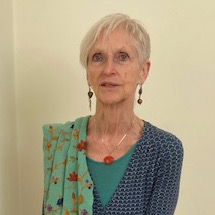
Nicola Graves-Gregory: Mathematics: A Way to Grow Our Sense for Beauty
The Pythagorean origin of ‘mathematics’ is ‘ta mathemata’, ‘those things that have been learned’. This learning was through Pythagorean philosophy, which originally meant ‘the wisdom of love’. Pythagorean mathematics was not only the predominantly quantitative, technical and visual subject that we now know; it was also qualitative, spiritual and musical. 21st century Pythagorean mathematics is the renaissance of this holistic approach. Developing our sense for beauty is part of this. The neuroscientific work of Prof. Zeki (UCL) validates this.
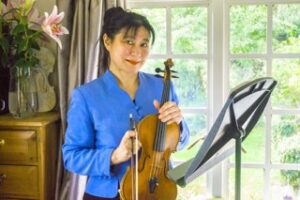
Chairs: Calista Georget and Dr Chika Robertson
Screening of a film about John Henry Lorimer
John Henry Lorimer RSA, ARA (1856-1936) was a notable Scottish painter of portraits and landscapes. An exhibition of his work The Light and Life of John Henry Lorimer, co-curated by Charlotte Lorimer, ran at the City Art Centre in Edinburgh from November 2021-March 2022. The film script by John Henry’s niece Esther Chalmers was discovered by Charlotte in the National Library of Scotland archives, and the producer is Beetle Campbell. David Lorimer will show a few slides of the paintings and add some illustrating the work of his architect grandfather (and JH’s brother) Sir Robert Lorimer, KBE, RSA.
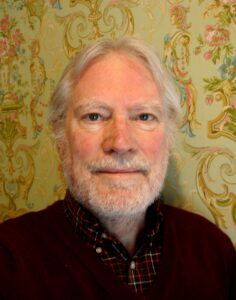
Prof Joscelyn Godwin: Pythagoras, Music and Mysticism
Pythagoras was both scientist and mystic. His harmonic researches were a landmark in experimental science; he studied the effects of music on soul and body; and he reputedly heard the Music of the Spheres: a concept with lasting historical resonance, both scientific and metaphysical. This illustrated talk traces that resonance up to its modern representatives: Ernest McClain, who discovered the far older harmonic philosophy to which Pythagoras was heir, and Hans Kayser, who demonstrated its value as a universal science and as a possible hope for humanity.
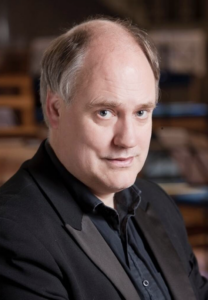
Prof John Butt, FBA: What did Bach actually think Music was?
This presentation explores some of the ways in which Bach may have conceived music, from the inherited traditions of music and the cosmos together with the newer thoughts on how music related to the human soul. Then there are the theological conceptions of music inherited through the Lutheran tradition, which were facing both opposition and renewed enthusiasm in Bach’s own time. But it is worth looking at some of the more difficult areas to discern: how music might relate to substance in general; how it might relate to thought (both in the abstract and in real time); how it might relate to viewpoint; and particularly how it might relate to physical movement. By comparing some of the ways in which it may have been possible to think in Bach’s environment, much of the guesswork can be informed by the ways that the music seems to have been constructed and designed to sound in real time.
SUNDAY 10th APRIL
All times are in UK, BST.
Session 3 – Chair: Bettina Schmidt
9:30 am David Lorimer: Music, Order and Beauty
in Beinsa Douno’s Paneurhythmy
10:50 am Break
11:20 am Painton Cowen: Stained Glass and Rose Windows:
Transformation through Enchanted Light
Session 4 – Chair: Andrew Baker
2:00 pm Tom Bree: Geometry as a Visible Image of Harmony
3:15 pm Break
3:30 pm Dr Kayleen Asbo: Well-Tempered Mystics: Hildegard of Bingen,
J.S.Bach and the Quest for Divine Harmony
4:50 pm Plenary Q & A
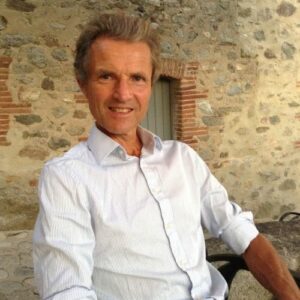
David Lorimer: Music, Order and Beauty in Beinsa Douno’s Paneurhythmy
Beinsa Douno (Peter Deunov, 1864-1944) was a Bulgarian Sage and musician whose main instrument was the violin. He composed over 200 songs as well as the music for his sequences of sacred dance movements called Paneurhythmy (literally universal harmony of movement). This talk will explain the background and significance of paneurhythmy as an embodiment of Douno’s key principles of Love, Wisdom and Truth.
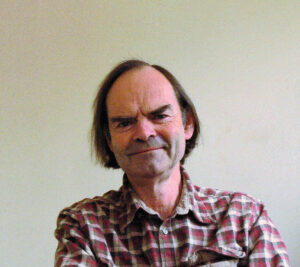
Painton Cowen: Stained Glass and Rose Windows: transformation through enchanted light
Painton Cowen will speak about the beauty of stained glass and rose windows in the breakthrough of Gothic architecture from the twelfth to fifteenth centuries …. as seen in mediaeval times and in the light of today.
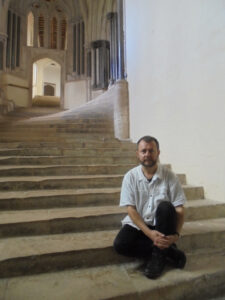
Tom Bree: Geometry as a Visible Image of Harmony
Harmony is the True state of the soul – and one of the primary ways in which the soul is reminded of True Self is through the experience of numerical patterns. Such patterns can be experienced temporally through the rhythms and pitch vibrations of music. But they are also visually encountered through the manifest forms of geometry.
The visible cosmos is pervaded by geometric patterns whether it be the golden relationships and Fibonacci numbers of organic growth or the crystalline geometry of the snowflake. Even planetary movements exhibit geometric relationships marked out as they are by ‘spherical’ planets forever revolving in ‘circular’ orbits. All of these cosmic numerical expressions could be described as the manifest thoughts of the Divine Mind in Its perpetual contemplation of the Eternal Forms of number. But ultimately all divine thoughts are prayers because prayer is the conscious mode of Being – and in this sense the most universal language of prayer involves the eternal and unchanging truths of number.
This illustrated talk will focus upon several examples of geometric patterning both as a naturally existing phenomenon in the surrounding world as well as a conscious artistic practise on the part of the contemplative artist who aspires toward ‘anamnesis’ or ‘remembrance’ of True Self.
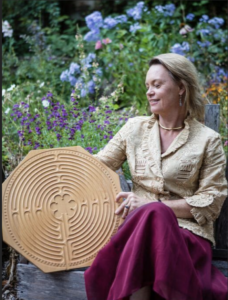
Dr Kayleen Asbo: Well-Tempered Mystics: Hildegard of Bingen, J.S.Bach and the Quest for Divine Harmony
Hildegard, a 12th century Benedictine Abbess whose illuminated visions and works on theology have earned her the distinction of being one of the only female Doctors of the Catholic church; J.S. Bach, a Lutheran cantor who lived 500 years later, loved dancing and fathered 20 children. Despite the obvious differences in their outer lives and religious faith, each flowered from the root of adeep and profound mystic connection after overcoming intense childhood trauma. In this multimedia presentation with art and music, we will examine how Hildegard and Bach, in the tradition of Pythagorean philosophy, “tuned” their souls to a life of order, balance and harmony through music and engaging the “tension of the opposites”.
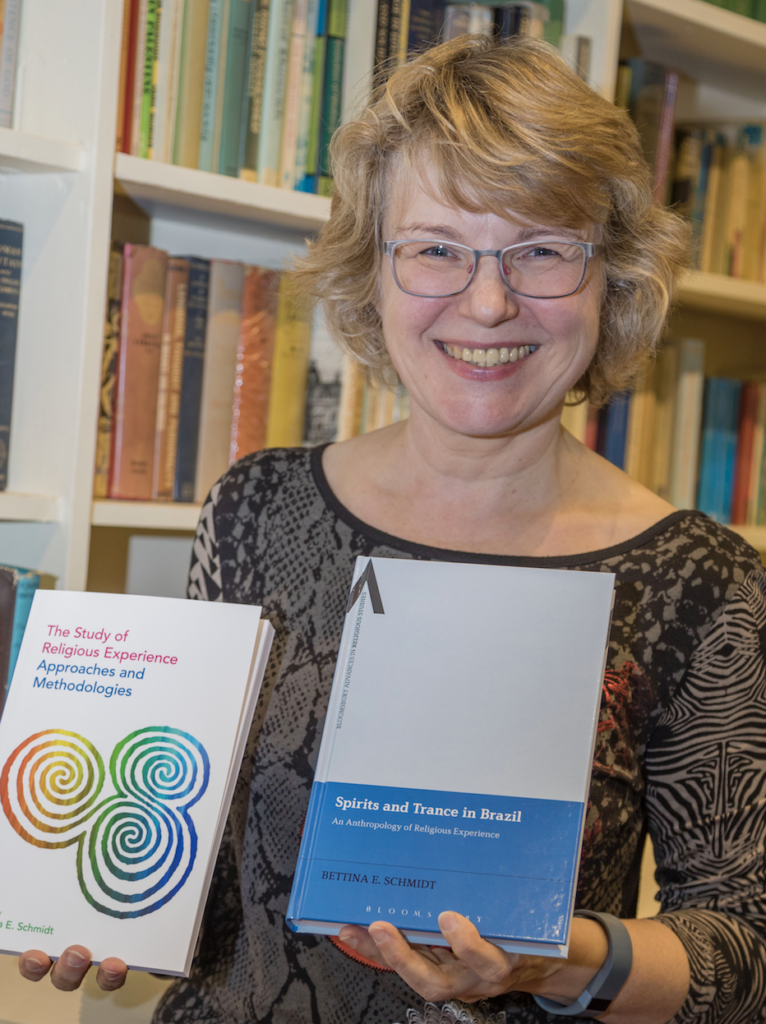
Chair: Prof Bettina E. Schmidt
Prof Bettina E. Schmidt, DPhil (habil.), PhD, MA, is a Professor in the Study of Religions and Anthropology of Religion at the University of Wales Trinity Saint David, UK, and Director of the Religious Experience Research Centre in Lampeter, UK. She served as President of the British Association for the Study of Religions (2018-2021) and is currently the deputy chair of the REF sub-panel Theology and Religion. Her main areas of research interests are Latin American and Caribbean religions, identity, and wellbeing. Her academic interests include religious experience, anthropology of religion, diaspora, and medical anthropology. Among her most important publications are Spirit and Trance in Brazil: An Anthropology of Religious Experiences (2016, Bloomsbury), Caribbean Diaspora in the USA: Diversity of Caribbean Religions in New York City (2008, Ashgate), Handbook of Contemporary Brazilian Religions (edited with Steven Engler, 2016, Brill) and Spirituality and Wellbeing: Interdisciplinary approaches to the study of religious experience and health (edited with Jeff Leonardi, 2020, Equinox).
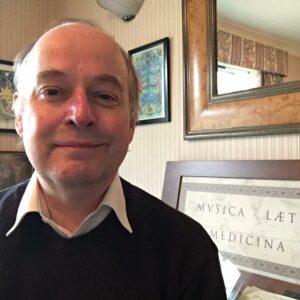
Chair: Andrew Baker
Andrew Baker is a composer and historical researcher and Franciscan Tertiary. For many years he was a Music Librarian. His most important areas of interest have been Thomas Anson of Shugborough and the rediscovery of a circle of Platonists who opposed the materialism of the day, including James Harris and Floyer Sydenham, and the Franciscan cosmological and musical tradition. He has recently given talks to the Temenos Academy and the Fintry Trust. He also makes films, exploring the Spirit of Place, with his own music, and sometimes with marionettes. Find out more here: https://andrewbakercomposer.com/
TICKETS
All bookings will receive a link to view the RECORDING
Speakers
-
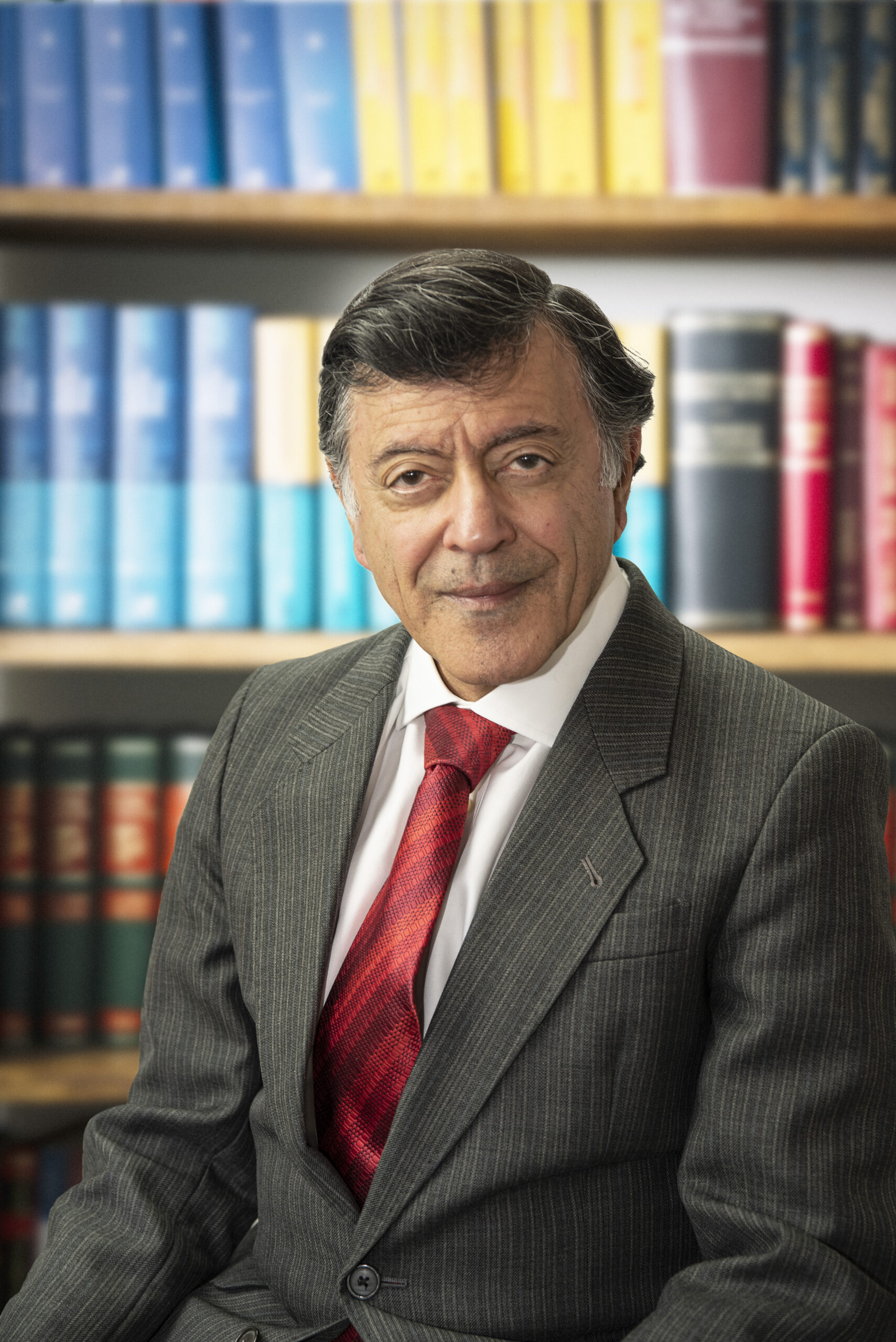 Edi BilimoriaEngineer, Pianist, Author
Edi BilimoriaEngineer, Pianist, AuthorBorn in India and educated at the universities of London, Sussex and Oxford, Edi Bilimoria presents an unusual blend of experience in the fields of science, the arts and philosophy.
A student of the perennial philosophy for over half a century, Edi has published extensively in the disciplines of science, engineering and the esoteric philosophy. In 2007, his book The Snake and the Rope was awarded the Book Prize by the Scientific and Medical Network (SMN). In 2023, his four-volume work Unfolding Consciousness: Exploring the Living Universe and Intelligent Powers in Nature and Humans was awarded the SMN’s Grand Prize. Edi serves as an Advisor to Board, a Trustee of the SMN, and an Adviser to the Galileo Commission of the Network. He is also a Trustee and a Council Member of the Francis Bacon Society.
-
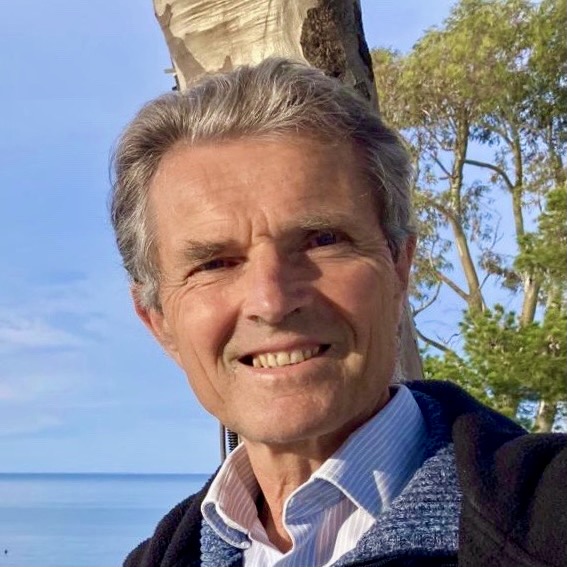 David LorimerWriter, Lecturer, Poet, Editor
David LorimerWriter, Lecturer, Poet, EditorDavid Lorimer, MA, PGCE, FRSA is a visionary polymath – writer, lecturer, poet and editor who is a Founder of Character Education Scotland, Programme Director of the Scientific and Medical Network and former President of Wrekin Trust and the Swedenborg Society. David is also the Editor of Paradigm Explorer, and Chair of the Galileo Commission, which seeks the expand the evidence base of science of consciousness beyond a materialistic world view.
Originally a merchant banker then a teacher of philosophy and modern languages at Winchester College, he is the author and editor of over a dozen books, including Survival? Death as Transition (1984,2017) Resonant Mind (originally Whole in One) (1990/2017), The Spirit of Science (1998), Thinking Beyond the Brain (2001), The Protein Crunch (with Jason Drew) and A New Renaissance (edited with Oliver Robinson). He has edited three books about the Bulgarian sage Beinsa Douno (Peter Deunov): Prophet for our Times (1991, 2015), The Circle of Sacred Dance, and Gems of Love, which is a translation of his prayers and formulas into English. His book on the ideas and work of the Prince of Wales – Radical Prince (2003) – has been translated into Dutch, Spanish and French. His most recent books are A Quest for Wisdom and his collection of poems, Better Light a Candle.
-
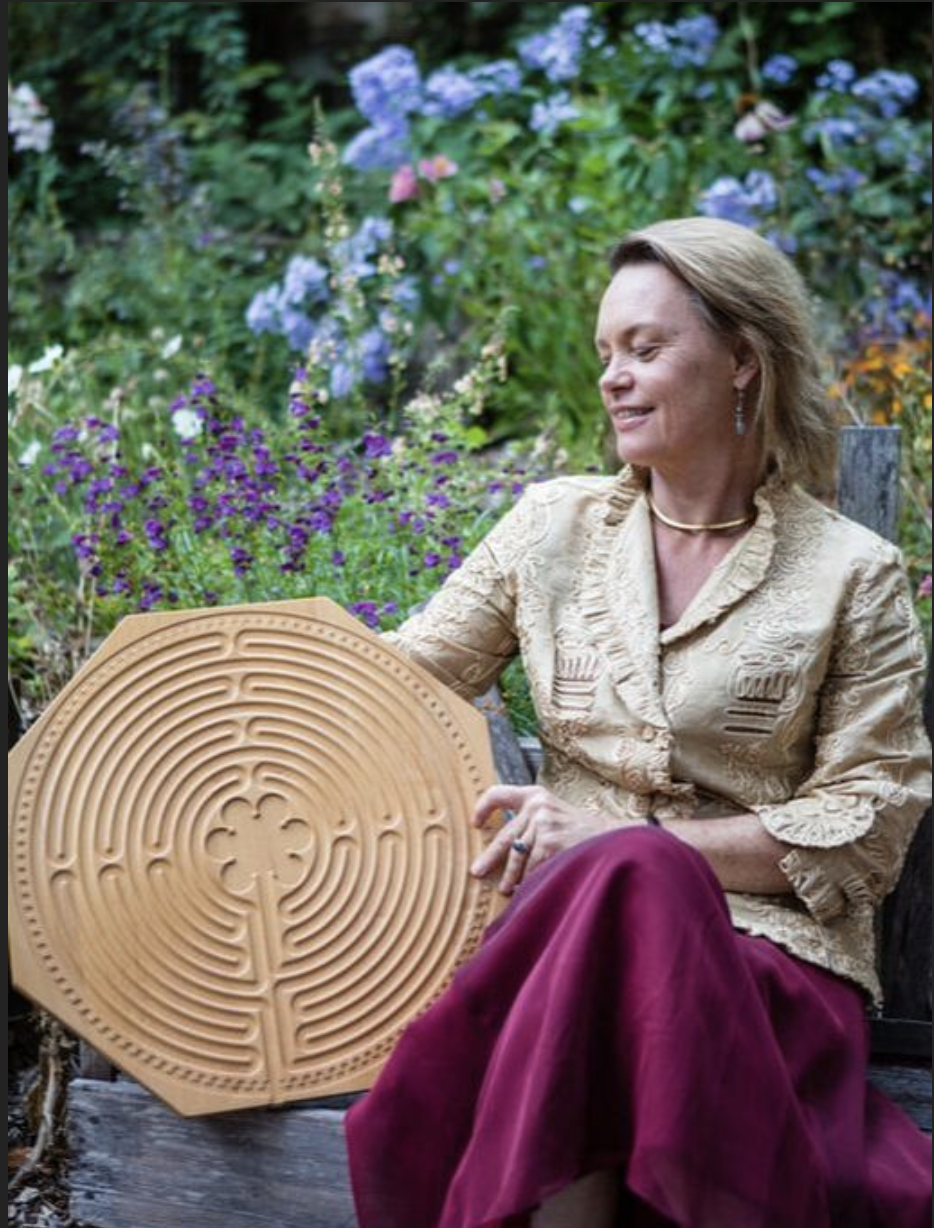 Kayleen AsboWriter, Composer, Workshop and Pilgrimage Leader
Kayleen AsboWriter, Composer, Workshop and Pilgrimage LeaderKayleen Asbo, PhD holds advanced degrees in three fields: Mythological Studies, Depth Psychology and Music. A Writer, Composer, Workshop and Pilgrimage Leader who integrates contemplative spirituality with the arts, Kayleen has brought her passion for Dante to colleges, seminaries, churches and performing arts organizations, including musical programs for Humanities West and the Numina Center for the Arts and “Undaunting Dante”, a course she taught at the University of California, Berkeley and Dominican University.
Kayleeen writes: “As we mark the 700th anniversary of Dante Alighieri’s death, we turn to The Divine Comedy as a universal map of the human journey towards wholeness, healing and harmony through attunement with the celestial realms of wisdom in a multi-dimensional presentation that will weave together art, music and storytelling.”
-
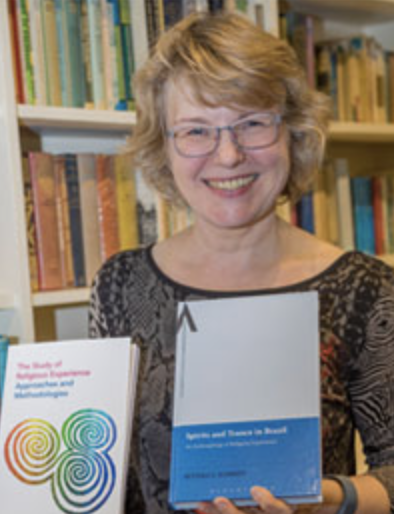 Bettina E. SchmidtProfessor
Bettina E. SchmidtProfessorBettina E. Schmidt, DPhil (habil.), PhD, MA in cultural anthropology (Marburg University, Germany), professor in study of religions and anthropology of religion at the University of Wales Trinity Saint David, UK and the director of the Alister Hardy Religious Experience Research Centre, UK. Previously she worked at Marburg University, Oxford University and Bangor University and as visiting professor at the City University of New York and the Pontifícia Universidade Católica de São Paulo. She served as President of the British Association for the Study of Religions (2018-2021) and is currently the deputy chair of the REF sub-panel Theology and Religion. She has published extensively on Caribbean and Latin American religions, identity, cultural theories and migration. Her academic interests include anthropology of religion, diaspora identity, religious experience, urban studies, medical anthropology and gender issues. Her main fieldworks were conducted in Mexico, Puerto Rico, Ecuador, New York City, and in São Paulo, Brazil. She is the author of Spirit and Trance in Brazil: An Anthropology of Religious Experiences (2016, Bloomsbury), Caribbean Diaspora in the USA: Diversity of Caribbean Religions in New York City (2008, Ashgate), and other monographs as well as co-editor of the Handbook of Contemporary Brazilian Religions (2016, Brill) and Spirituality and Wellbeing: Interdisciplinary approaches to the study of religious experience and health (2020, Equinox) and other edited volumes.
-
 Nicola Graves-Gregory
Nicola Graves-GregoryNicola Graves-Gregory is a passionate Pythagorean mathematician, a craniosacral therapist and an inclusion evangelist, also a mother and grandmother. She has been a co-organiser of the Alternative Natural Philosophy Association (ANPA) (https://anpa.onl/) conferences since 2012 and co-founded Mathematics & Mythos in 2019. She has curated three joyful, Sacred Mathematics & the Liberal Arts Festivals and runs a Sacred Mathematics Research Group in Sussex. Earlier Nicola studied mathematics in the Universities of Cambridge, Berlin and Warwick. Her unfinished UCL doctorate in history and philosophy of mathematics was published as “Who Carved Up the Integers? They Never Died”. Find out more at: https://www.livingmathematics.co.uk/
-
 Calista Georget
Calista GeorgetA singer/songwriter and multi-instrumentalist known for cinematic genre-bending and controversial boundary-pushing, Calista Georget studied classical/jazz piano and composition at London’s Royal Academy of Music, and has since been performing and winning fans across the world with her dynamic voice and captivating songs. With top 10 chart success and shows from Wembley Arena to Live from Maida Vale for the BBC, Calista’s impact in the world of music is matched in that of fashion, where Stella McCartney has used her tracks as catwalk openers. She has been called “An undoubted talent” by Sir George Martin.
A passionate advocate for using her art as a platform for change, Calista founded charity-based arts collective Voice of Aiko in 2018. In 2021 Calista led a collaborative music making project with NHS staff called ‘Notes from the Frontline’ creating an album of songs in response to the pandemic. Her ‘Uchi’ campaign launched in June 2021 for Refugee Week in collaboration with Migrant Help. Calista is penning her debut music-theatre piece, a collaboration with playwright Stephanie Martin, premiering in Spring 2022 and is now embarking on her most exciting journey yet, Motherhood! Find out more at: www.calistakazuko.com.
-
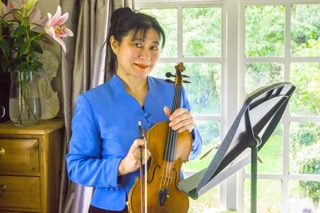 Dr Chika Robertson
Dr Chika RobertsonDr Chika Robertson, CEO of the Music Mind Spirit Trust, is professor of violin at the Royal Academy of Music and international Diploma Examiner for the Associated Board of the Royal Schools of Music. She is much in demand as a music adjudicator, workshop presenter, project director and conference speaker. Chika is passionate about using innovative interdisciplinary methods to benefit music and medicine. She co-presented the ‘Connection through Music’ online global concert series with Prof Nigel Osborne, the NHS and X-System throughout the pandemic lockdown to bridge diverse ages, styles and cultures together. Her work in health, wellbeing and recovery forges new career paths by training Young Artist Musical Ambassadors (YAMA) to reinvigorate latent musicianship in care homes and community settings. Through this musical mentorship and leadership programme, the Royal Academy of Music YAMAs learn to design and deliver bespoke programmes of personalised live & recorded music, particularly for those living with dementia. Chika is currently co-creating an exciting intergenerational music and ecology project, based upon the Green Man.
-
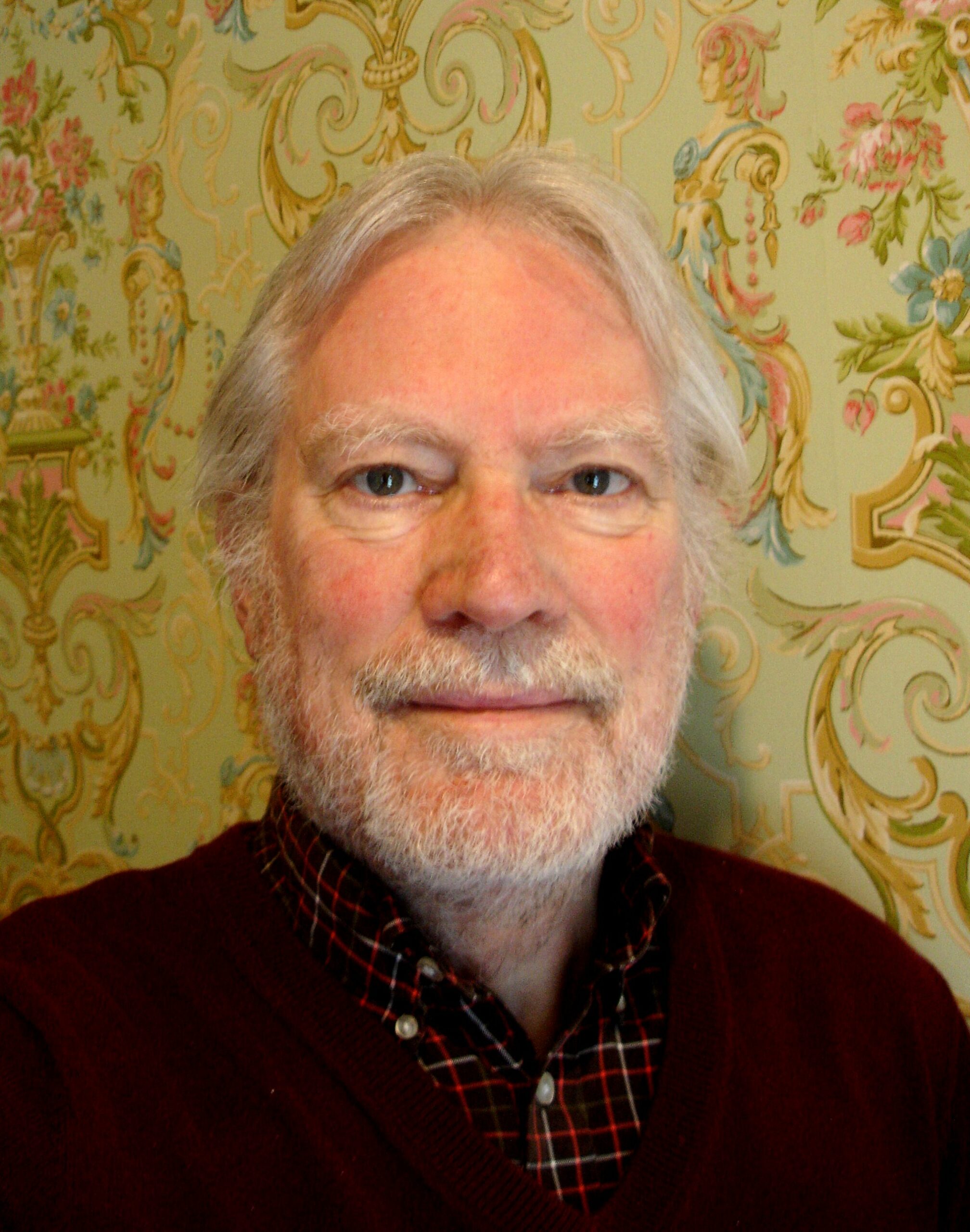 Joscelyn GodwinMusicologist, author
Joscelyn GodwinMusicologist, authorProf Joscelyn Godwin was born in England and educated as a musicologist at Cambridge and Cornell Universities. From 1971 to 2016 he taught at Colgate University in New York State. Most of his books, editions, and translations treat speculative music or various strands of the Western esoteric tradition. They include Harmonies of Heaven and Earth, Music and the Occult, Atlantis and the Cycles of Time, The Theosophical Enlightenment, and translations of the Hypnerotomachia Poliphili and the Chemical Wedding of Christian Rosenkreuz. Most recently he has translated Hans Kayser’s books Orpheus and Akróasis, and written articles on Charles Fourier, Marco Pallis, Julius Evola, Paul Brunton, and Claude Bragdon.
-
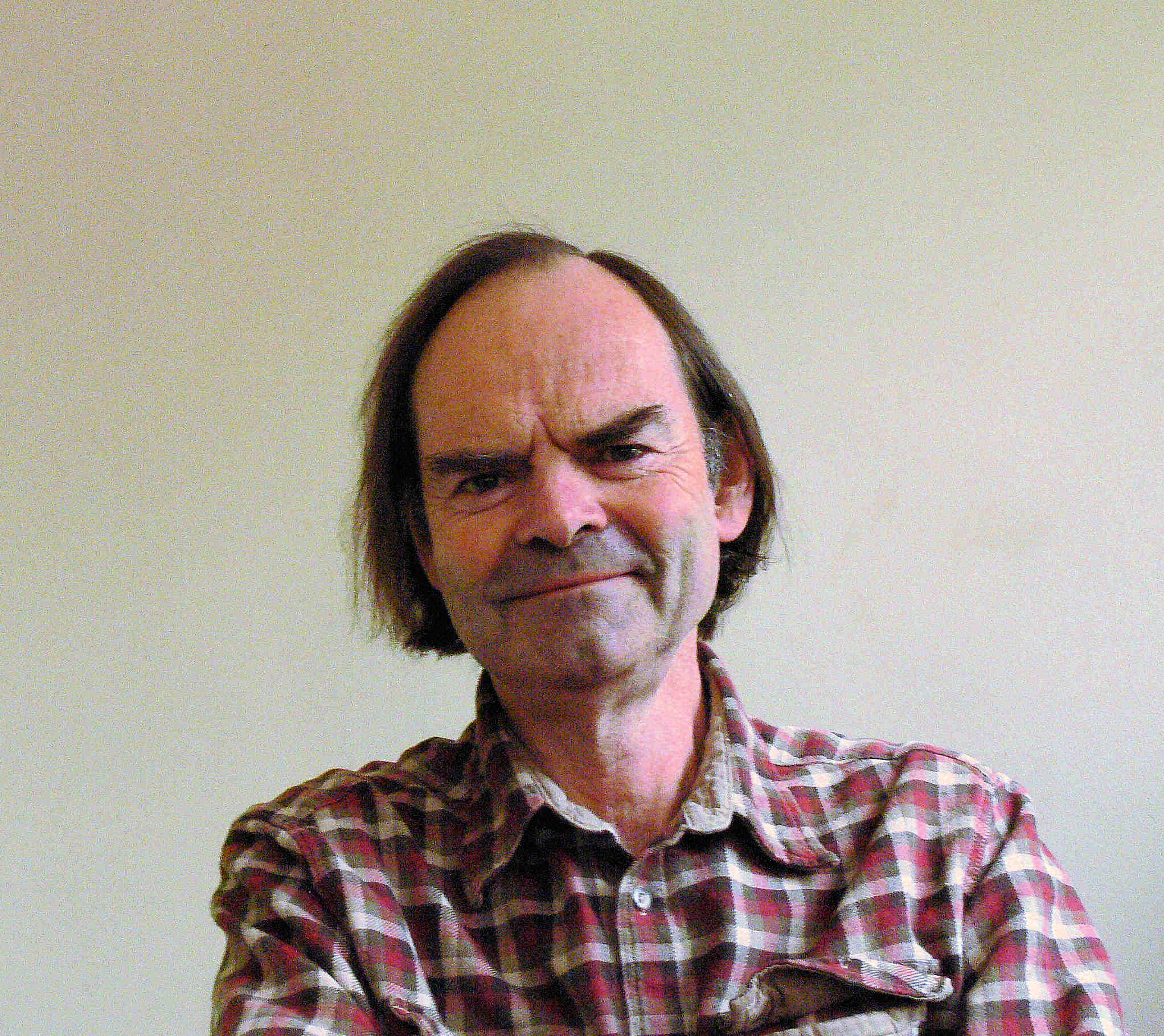 Painton Cowen
Painton CowenPainton Cowen originally studied geology at Cambridge and music at the Guildhall in London. He worked as a prospecting geologist in Africa and after a spell with Decca electronics and music recording he became a researcher for the Encyclopaedia Britannica. He became interested in rose windows, stained glass and mediaeval architecture in the early 1970s. Five books later, his website now has over 60,000 photographs related to church architecture. He is now working on a book about the work on creativity of Edward Matchett. Find out more here: www.therosewindow.com.
-
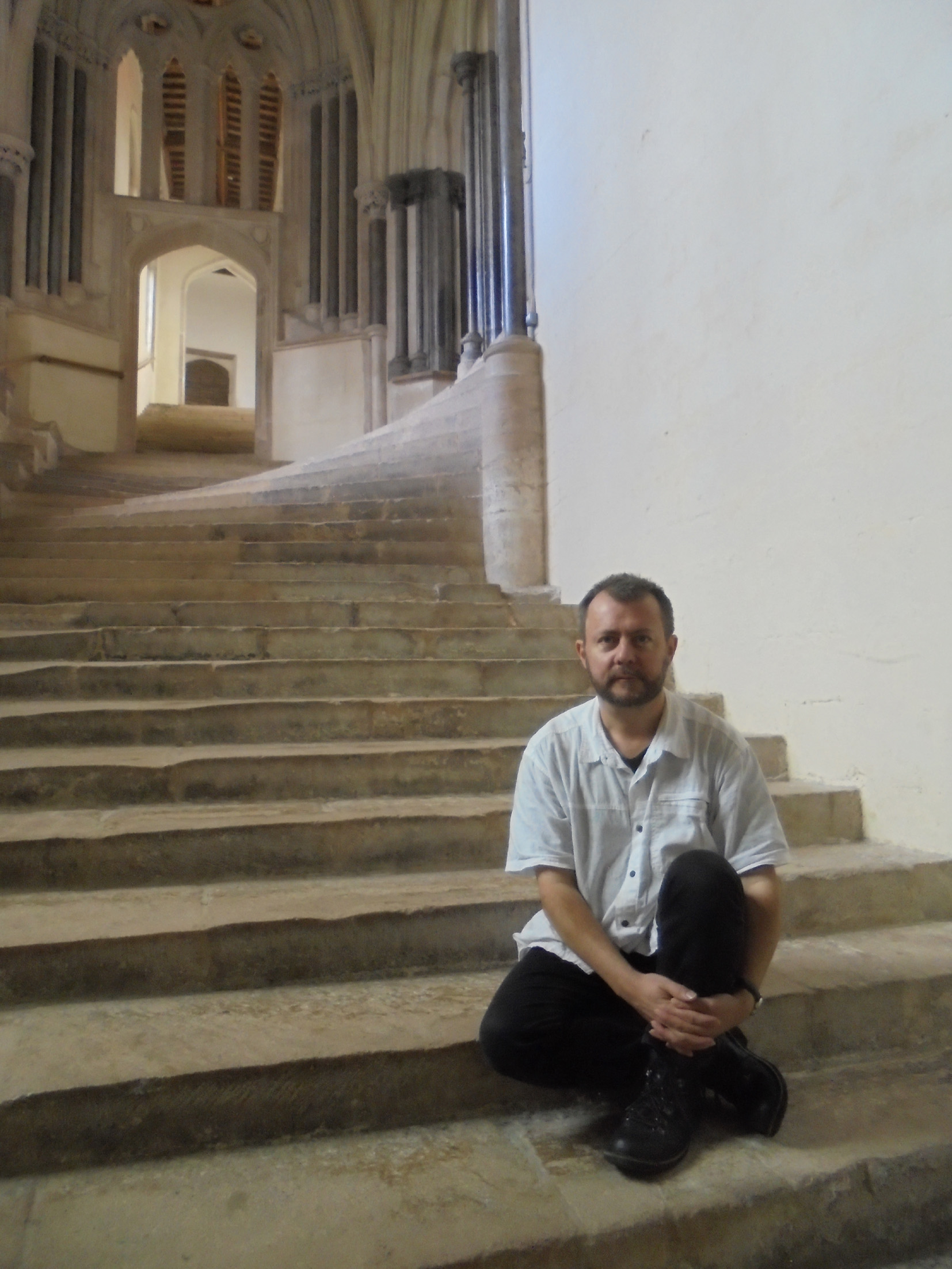 Tom BreeGeometer-Artist, Teacher, Writer
Tom BreeGeometer-Artist, Teacher, WriterTom Bree is a Geometer-Artist, Teacher and Writer. He studied Sacred Geometry under the Master Geometer Professor Keith Critchlow at the Prince’s School of Traditional Arts in London. He now teaches at the Prince’s School as well as for many other educational projects both here in the UK and abroad. Tom is very close to publishing 12 years of research about the Quadrivial design of the first English Gothic Cathedral (Wells) and how the design incorporates various cosmic ascent myths that were so prevalent within the Christian-Platonism of the twelfth century church.
-
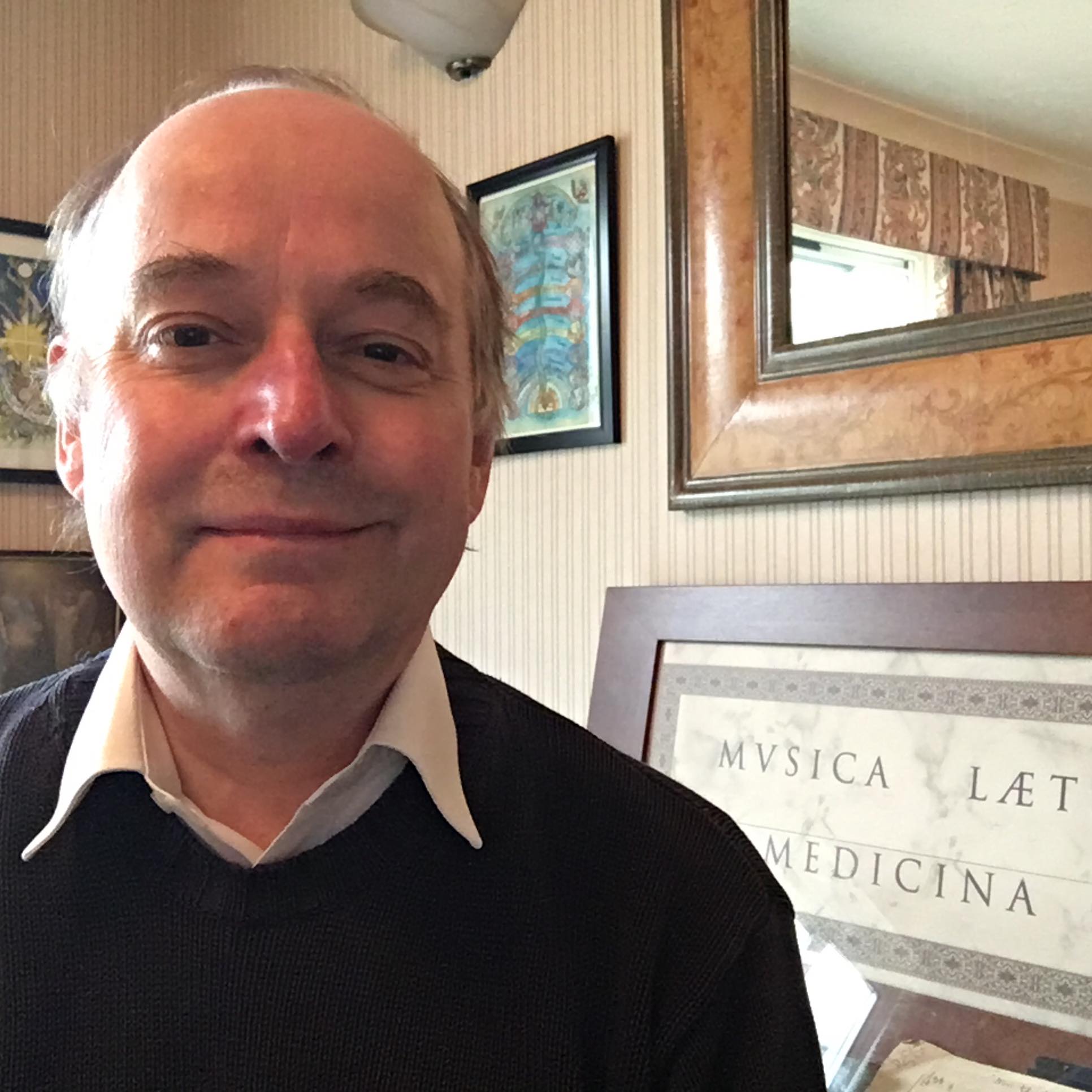 Andrew BakerComposer, Historical researcher
Andrew BakerComposer, Historical researcherAndrew Baker is a composer and historical researcher. He has spent many years investigating the life and world of Thomas Anson of Shugborough and the forgotten 18th century Platonists. This quest always leads back to music as the Language of Creation. He has given talks to the Fintry Trust and the Temenos Academy amongst others and has recently completed a book Hidden Music – a Franciscan Musical Theology.
